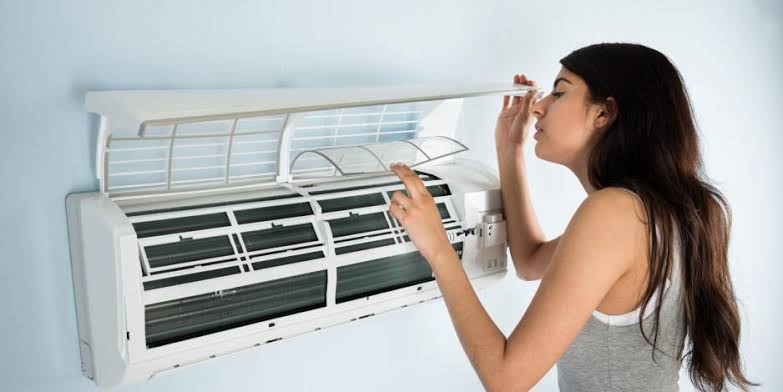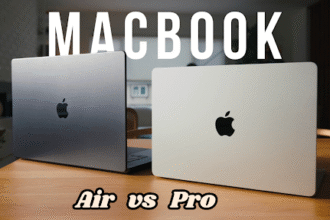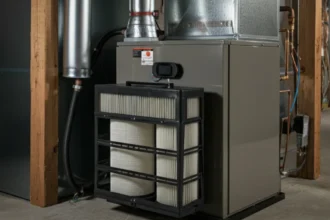The efficiency and functionality of your cooling system depend much on air conditioner (AC) coils. An AC unit’s two primary coil types are the condenser coil and the evaporator coil. Both handle heat exchange to make sure your home environment remains cool and comfortable. When these coils get dirty, though, they can reduce performance, raise energy usage, and even cause system malfunctions.
If you want your air conditioner to work at its best, how frequently should you clean the coils? Let’s investigate the advised cleaning frequency, the variables affecting this plan, and the advantages of consistent coil maintenance.
How Often Should AC Coils Get cleaned?
The usual advice is to clean AC coils at least once a year. Usually done before the start of the summer season, an annual cleaning guarantees effective operation of your system throughout periods of maximum use. Some circumstances, nonetheless, can call for more regular cleaning:
- Every three to six months: In settings with high pollution, dust, or surrounding vegetation shedding pollen or leaves.
- Quarterly: For year-round running commercial AC systems or units, like in server rooms.
It is critical to evaluate the operational setting. Scheduling extra cleanings will help to avoid dirt accumulation that limits performance if your AC runs continually or in a location with poor air quality. If you notice considerable change in the cooling efficiency of AC and are not able to pinpoint the exact problem, consider hiring https://www.handymansingapore.net/aircon-chemical-wash/ as they are expert in solving all AC related problems.
Advantages Of Routine AC Coil Cleaning:
- Enhanced energy efficiency: Dirt coils drive the AC system to run more aggressively, using more electricity. By up to 30%, regular cleaning helps to cut energy use, so lowering utility costs.
- Extended AC Lifespan: A well-maintained AC system runs less stress, therefore lowering the danger of early breakdowns and increasing its service life.
- Improved Cooling Effect: Good heat exchange made possible by clean coils guarantees that the AC rapidly and efficiently cools your room.
- Reduced Repair Cost: Ignoring coil maintenance might result in expensive repairs brought on by system overloads or component breakdown. Regular cleaning reduces these hazards.
- Improved Home Air Quality: Mold and germs found in dirty evaporator coils compromise indoor air quality. Frequent cleaning guarantees better, more healthy air flow.
Symptoms That It’s Time to Clean Your Air Conditioner’s Coils:
Even with routine maintenance, it’s important to look for indicators that the coils require attention sooner than planned:
- Lowered efficiency of cooling
- Higher energy bills without greater consumption
- Ice building on the evaporator coil
- Unusual AC unit sounds
- Blowing warm rather than chilly air
If you observe any of these indicators, you should have a professional like https://www.handymansingapore.net/aircon-services/ check and clean the coils right away.
Professional vs. Home AC Coil Cleaning:
Professional service is advised for complete cleaning even if some basic coil cleaning can be accomplished using a soft brush, compressed air, or a mild detergent solution. Professionals efficiently remove difficult debris with specific tools and safe chemicals without compromising the coils.
Final Thoughts:
Clean the coils at least once a year to maintain optimal operation of your air conditioner. If your surroundings expose the unit to dust, pollution, or heavy use, though, think about more regular cleaning. Regular coil maintenance improves cooling effectiveness, increases energy economy, and reduces repair expenses in addition to extending the lifetime of your AC system.
If you clean your air conditioner coils regularly, you can keep your home cooler and more comfortable all year round and save money by avoiding costly and inconvenient malfunctions.

















